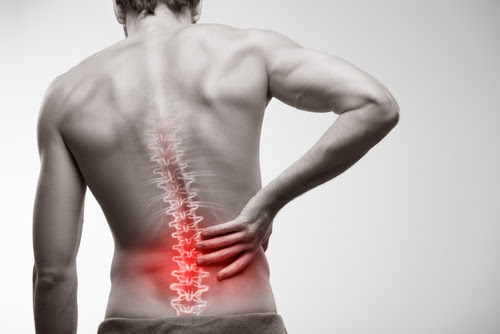If another driver’s negligence caused your car accident, you could be entitled to compensation. Unfortunately, the at-fault driver’s insurance company will have a team of claims adjusters and highly skilled lawyers working hard to minimize your payout. The more severe your injuries are, the more effort they will put into reducing or denying your claim. One of the most common ploys insurance adjusters use is claiming that injuries relating to a pre-existing condition should not be covered. A pre-existing condition, such as a previous back injury, does not exclude you from being eligible for financial compensation, especially if it was worsened by the accident. The experienced Virginia Beach personal injury lawyers at Shapiro, Washburn & Sharp understand the intricate rules surrounding pre-existing conditions and can suggest the best way to move forward with your claim.
What is a Pre-Existing Condition?
A pre-existing condition is any medical condition that predates the car accident. These medical conditions include heart conditions, degenerative disc disease, osteoporosis, herniated discs, and injuries from earlier accidents. In many cases, these conditions are effectively managed or dormant until they are exacerbated by a serious car accident. Insurance adjusters often use a victim’s pre-existing condition to reduce their liability. They generally claim that the injured victim’s damages were caused by their pre-existing condition and not their car accident.
It is important to remember that a pre-existing condition does not make you ineligible for financial compensation. If your pre-existing condition was worsened by a negligent driver, you are entitled to pursue recovery for your damages.
The Eggshell Skull Doctrine
The eggshell skull doctrine states that “you take your victim as you find them.” This means that the victim’s frailty, weakness, or fragility cannot be used to limit the at-fault driver’s liability in a personal injury claim and that the negligent driver must take full responsibility for any damages incurred by the victim.
Let’s say, for example, you were previously diagnosed with a back injury for which you are currently taking medication. Unfortunately, the accident made your back injury worse, and you now require surgery and physical therapy. The at-fault driver would likely be liable for covering those costs.
How Can I Strengthen My Pre-Existing Condition Claim?
The first thing you need to do after a car accident is seek immediate medical attention. Your medical records will be essential for proving your case, especially if you are pursuing compensation for new injuries and those relating to your pre-existing condition.
You also need to consult with a reputable personal injury attorney. Once the insurance adjuster assigned to your case learns about your pre-existing medical condition, they are going to make you a lowball settlement offer that is far less than you deserve. They may even tell you that you can’t recover damages for injuries associated with your pre-existing condition. Partnering with a skilled lawyer who knows how to handle the insurance adjuster and, if necessary, file a lawsuit, will help ensure you receive full and fair financial compensation.
Talk to a Virginia Beach Personal Injury Lawyer
Even when a car accident victim has no pre-existing injuries, insurance adjusters seek to reduce or deny payouts using a variety of underhanded tactics. An experienced Virginia Beach car accident lawyer from Shapiro, Washburn & Sharp can help you understand your rights and collect evidence that strengthens your claim. That is exactly what we did when we secured a $675,000 settlement for a car accident victim despite his preexisting degenerative disc disease. This case highlights the importance of strong supporting medical evidence in a pre-existing condition claim. Whether you were already being treated for a preexisting condition or you were diagnosed after your accident, we can guide you through the claims process, negotiate a just settlement, and represent you in court if necessary. Schedule your free consultation by calling (833) 997-1774 or completing our online form. We have offices in Chesapeake, Norfolk, Hampton, Portsmouth, and Virginia Beach.
RELATED CONTENT
- How Is My Case Affected by Prior Injuries or Conditions?
- Hampton, VA Personal Injury Attorneys Discuss Pre-Existing Conditions
- Medical Evidence Guide
